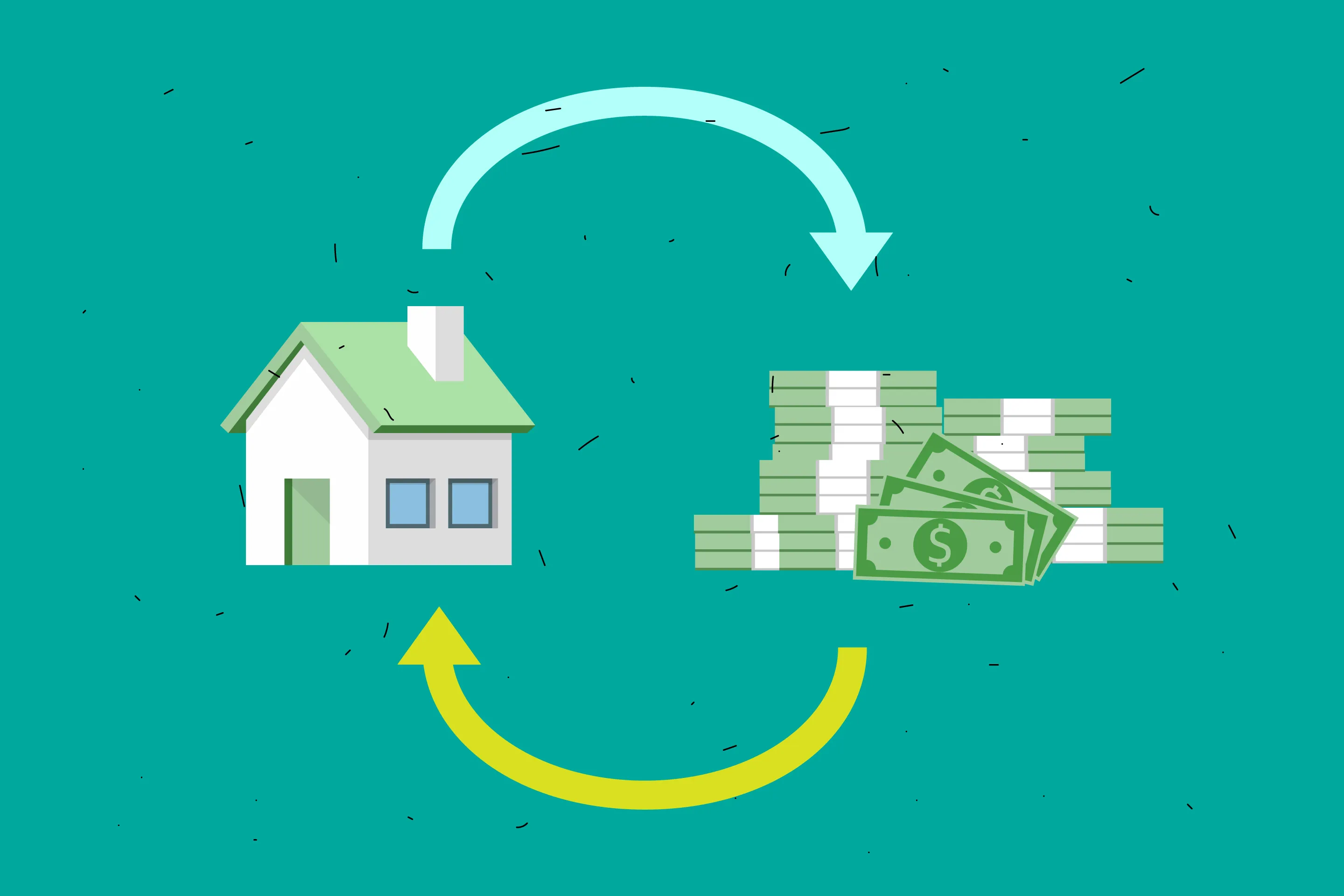Key Factors to Consider Before You Purchase Reverse Mortgage
Key Factors to Consider Before You Purchase Reverse Mortgage
Blog Article
Empower Your Retired Life: The Smart Way to Purchase a Reverse Home Loan
As retirement strategies, many people seek efficient techniques to improve their economic self-reliance and well-being. Among these strategies, a reverse mortgage emerges as a viable alternative for property owners aged 62 and older, enabling them to take advantage of their home equity without the necessity of month-to-month settlements. While this monetary device supplies numerous benefits, including enhanced capital and the possible to cover vital costs, it is essential to understand the ins and outs of the application process and crucial factors to consider involved. The following actions might disclose how you can make an educated decision that could dramatically impact your retirement years.
Comprehending Reverse Mortgages
Understanding reverse home mortgages can be crucial for homeowners looking for economic adaptability in retired life. A reverse home loan is an economic item that allows eligible house owners, commonly aged 62 and older, to transform a section of their home equity into cash. Unlike traditional home loans, where customers make monthly repayments to a loan provider, reverse home loans make it possible for homeowners to receive payments or a round figure while keeping ownership of their residential or commercial property.
The quantity offered through a reverse mortgage depends on numerous aspects, consisting of the property owner's age, the home's worth, and existing rate of interest. Notably, the funding does not have to be repaid up until the home owner sells the home, moves out, or dies.
It is necessary for potential customers to comprehend the effects of this economic product, including the effect on estate inheritance, tax obligation factors to consider, and recurring responsibilities connected to building upkeep, tax obligations, and insurance coverage. Additionally, counseling sessions with accredited specialists are usually called for to make certain that consumers fully comprehend the terms of the lending. In general, a complete understanding of reverse home loans can encourage homeowners to make enlightened choices concerning their economic future in retired life.
Benefits of a Reverse Home Loan
A reverse home mortgage provides a number of engaging advantages for qualified property owners, especially those in retired life. This economic device permits senior citizens to transform a part of their home equity into cash money, supplying vital funds without the requirement for regular monthly mortgage settlements. The cash gotten can be utilized for numerous purposes, such as covering medical expenditures, making home enhancements, or supplementing retired life income, hence improving overall monetary adaptability.
One considerable benefit of a reverse home mortgage is that it does not need repayment until the property owner moves out, offers the home, or passes away - purchase reverse mortgage. This function enables retirees to preserve their lifestyle and meet unexpected prices without the burden of regular monthly settlements. Additionally, the funds obtained are normally tax-free, permitting property owners to use their cash money without anxiety of tax obligation ramifications
Additionally, a reverse mortgage can give satisfaction, recognizing that it can function as a financial safeguard during challenging times. Home owners additionally maintain possession of their homes, ensuring they can continue staying in a familiar environment. Inevitably, a reverse home loan can be a calculated financial source, equipping retirees to handle their funds properly while appreciating their golden years.
The Application Process
Navigating the application process for a reverse home mortgage is an essential action for home owners considering this financial choice. The initial phase includes evaluating eligibility, which usually calls for the home owner to be at the very least 62 years of ages, very own the building outright or have a reduced home mortgage equilibrium, and inhabit the home as their key residence.
When eligibility is validated, house owners have to find more info undergo a therapy session with a HUD-approved counselor. This session makes certain that they completely recognize the implications of a reverse home loan, consisting of the obligations included. purchase reverse mortgage. After finishing counseling, applicants can continue to gather necessary paperwork, including proof of revenue, possessions, and the home's worth
The following step entails sending an application to a loan provider, who will evaluate the financial and home certifications. An evaluation of the home will certainly likewise be conducted to establish its market worth. If approved, the loan provider will certainly present car loan terms, which must be evaluated carefully.
Upon acceptance, the closing procedure follows, where final papers are authorized, and funds are disbursed. Comprehending each stage of this application procedure can significantly enhance the house owner's confidence and decision-making relating to reverse home loans.

Trick Considerations Before Buying
Investing in a reverse mortgage is a substantial economic choice that needs careful consideration of a number of crucial variables. Evaluating your financial demands and objectives is equally crucial; figure out whether a reverse home mortgage lines up with your lasting strategies.

A reverse home loan can influence your eligibility for certain government advantages, such as Medicaid. By extensively assessing these considerations, you can make a much more educated choice about whether a reverse mortgage is the appropriate monetary technique for your retired life.
Making the Most of Your Funds
Once you have actually safeguarded a reverse mortgage, properly handling the funds becomes a concern. The flexibility of a reverse mortgage allows property owners to hop over to here make use of the funds in various ways, but critical preparation is important to optimize their advantages.
One vital technique is to produce a budget plan that outlines your month-to-month expenses and financial objectives. By recognizing necessary expenditures such as healthcare, home taxes, and home maintenance, you can allot funds as necessary to make sure long-term sustainability. Additionally, consider making use of a section of the funds for investments that can create income or appreciate over time, such as dividend-paying stocks or common funds.
An additional important element is to maintain a reserve. Alloting a book from your reverse mortgage can assist cover unanticipated costs, offering comfort and monetary stability. Furthermore, consult with a financial expert to discover possible tax obligation implications and how to incorporate reverse home mortgage funds right into your overall retired life approach.
Ultimately, sensible management of reverse home loan funds can boost your monetary safety, permitting you to appreciate your retirement years without the anxiety of monetary uncertainty. Mindful planning and informed decision-making will certainly make sure that your funds function successfully for you.
Conclusion
In final thought, a reverse home mortgage offers a feasible economic approach for elders seeking to improve their retired life experience. By transforming home equity into easily accessible funds, people can address important expenses and secure extra financial resources without incurring monthly repayments.
Comprehending reverse home mortgages can be critical for homeowners seeking economic adaptability in retirement. A reverse home mortgage is a financial item that permits qualified property owners, usually aged 62 and older, to transform a part of their home equity into money. Unlike typical home mortgages, where borrowers make regular monthly payments to a loan provider, reverse home mortgages make it possible for property owners to get payments or a swelling amount while preserving possession of their home.
Overall, a detailed understanding of reverse mortgages can empower property owners to make enlightened choices concerning their monetary future in retirement.
Seek advice from with a monetary advisor to explore possible tax implications and just how to integrate reverse mortgage funds right into your total retired life approach.
Report this page